- 654 Posts
- 161 Comments

 1·4 months ago
1·4 months agoThe EU Council approved a ban on June 24 on access within the bloc to four key Russian state-run or controlled media outlets effective the next day (June 25):
- Rossiyskaya Gazeta
- Voice of Europe
- RIA Novosti
- Izvestiya.
The EU already banned other Russian propaganda outlets before, such as RT and Sputnik.

 3·5 months ago
3·5 months agoThis isn’t an Italian problem, there are bad people everywhere. In Italy it’s not better nor worse, so there’s no reason to pidgeonhole a nation.

 7·5 months ago
7·5 months agoIt’s a bot with a funny human touch 😅

 19·5 months ago
19·5 months agoAnd one detail here is that mainstream media don’t report on this. They do as if it didn’t happen.

 1·5 months ago
1·5 months agoThis is true. A couple of years ago Tether (along with its sister company Bitfinex, a crypto currency exchange) settled allegations by the New York state in the U.S. by paying a fine (in the double-digit millions), admitting that claims that Tether was backed by fiat at all times was “a lie”.
A major issue with this coin is that it is not subject to regulation by any authority (it’s owned by iFinex based in the British Virgin Islands), so they may claim whatever they want.
I don’t know what exactly made them choose Tether, but one reason might indeed be that they don’t have much choice (alternative crypto coins are arguably far too volatile to serve as a means of payment for companies with higher bills). Maybe because the company has an office in Hong Kong as far ad I know (at least they had one not long ago). Maybe also because there is a higher volume, maybe because there is also a Tether variant pegged to the Chinese yuan (it hss the same shortcomings as the USDT, but a much lower volume). I don’t know.
But let’s not forget that it can be tracked as it’s on a blockchain. If they seek to circumvent sanctions and hide their money trail, that’s not a good idea.
In a nutshell: anyone who says that the sanctions don’t work should read stories like that and they might change their mind.

 251·5 months ago
251·5 months agoWhat a garbage! This comment doesn’t make sense for a lot of reasons, but the most obvious one at first sight is the ‘useful idiots’ argument. These ‘useful idiots’ are exactly the far right-wing officials who get repoortedly bribed by China and Russia, and are criticized by their own party members for their incompetence.

 3·5 months ago
3·5 months agoCriminals have already been using alternative ways to exchange data for a lo.g time, especially those who are exchanging images and videos (such as CSAM) as everyday messengers are completely inapt for transmitting such large volumes of data. And these algorithms will yield a lot of false positives too.
And it is the wrong signal to authoritarian countries as it makes people and companies extremely vulnerable. As Markus Hartmann, Chief Public Prosecutor in the German state of North Rhine-Westphalia, said not long ago on chat control:
“From the point of view of information security there is to assume an increased risk [of hacking]. There is no special expertise [demonstrated by politicians] in this area with regard to the signal effect for authoritarian states.”
[Original link in German, translation my own.]

 101·5 months ago
101·5 months agoChinese orgs love signing MOUs
The CCP - or, better, the China Scholarship Council (CSC) under the rule of the CCP - forces Chinese students and researchers to sign ‘loyalty pleadges’ before giong abroad saying they “shall consciously safeguard the honor of the motherland, (and) obey the guidance and management of embassies (consulates) abroad.” The restrictive scholarship contract requires them to report back to the Chinese embassy on a regular basis, and anyone who violates these conditions is subject to disciplinary action.
In one investigation,
Mareike Ohlberg, a senior fellow working on China at the German Marshall Fund, sees the CSC contract as a demonstration of the Chinese Communist Party’s “mania for control.”
“People are actively encouraged to intervene if anything happens that might not be in the country’s interest,” Ohlberg said.
Harming China’s interests is in fact considered the worst possible breach of the contract.
“It’s even listed ahead of possible involvement in crimes, so effectively even ahead of murder,” she noted. “China is making its priorities very clear here.”
[…] Kai Gehring, the chair of German parliament’s Committee for Education and Research, says the CSC contracts are “not compatible” with Germany’s Basic Law, which guarantees academic freedom.
In Sweden, for example, universities have already cancelled the collaboration with the CSC over this practice.
There is ample evidence that China uses scientific collaboration with private companies as well as universities and research organizations for spying. You’ll find many independent reports on that as well as of the CCP’s intimidation practices of Chinese students who don’t comply with the party line, e.g., in Australia and elsewhere. It’s easy to find reliable sources on the (Western) web.

 2·5 months ago
2·5 months agoIf you don’t want your payments to be tracked, then it really is.

 162·5 months ago
162·5 months agoThis is not about EV cars, but it is a perfect real-life example what happens if and when you pursue an economic policy like China’s:
China solar panel manufacturers seek government action to halt freefall in prices
Chinese solar panel manufacturers said they are seeking immediate government intervention to curb investment and industry collaboration to arrest a plunge in prices of solar cells and modules, as the industry faces overcapacity.
Financial incentives and a government push have helped China become the solar panel factory of the world, accounting for about 80% of global module capacity. Analysts expect Chinese manufacturers to add up to 600 gigawatts (GW) this year, enough to meet global demand through 2032.
However, with no end in sight for the plunge in prices, industry officials and analysts said intense competition was threatening to drive smaller producers into bankruptcy. Rapid capacity additions drove down prices of China’s finished solar panels by 42% last year.
[Edit typo.]

 3·5 months ago
3·5 months agoShenzhen and Hong Kong and many other Chinese cities are really great, I have been there too. The point is that what we see and what you describe is the surface. China is a deeply autocratic regime. It’s a shame what the CCP is doing to the Chinese people and their culture.

 1·5 months ago
1·5 months ago@makeasnek, it’s not only that you are using a lot of words to say nothing, it doesn’t address the issue either (because China, among other things, close its own markets, they don’t play by the rules they want others to follow, see my other post in this thread).
[Edit typo.]

 13·5 months ago
13·5 months ago@makeasnek, this may be fine if and when all countries apply to the same rules, but this is not the case. China is heavily protecting its market, and they do so much more than the EU or the US. In China, foreign companies can’t even run a subsidiary in the country, they need a Chinese parther firm to create a joint venture. Recent Chinese ‘security laws’ even make simple market research almost impossible as it may be seen as ‘espionage’ by China, which made many consulting firms close their Chinese offices. And these are just two examples.

 9·5 months ago
9·5 months agoTariffs make us all poorer in the long run. Did we learn nothing in the 20th century?
A bold statement without any economic or political context. It is Tthngs like that which make the foundation of misinformation and disinformation imo, and, in that case, play into the hands of Chinese disinformation campaigns.
This may help: https://www.europarl.europa.eu/about-parliament/en/organisation-and-rules/organisation/political-groups
But it may also help if you’d say which country you will be immigrating to.

 452·5 months ago
452·5 months agoGood. But European firms must also stop putting European intellectual property and national security at risk by outsourcing the making of sensitive technology to China or other countries, and Chinese and other foreign companies shouldn’t be allowed to take over European companies (the latter being a corresponding rule in China for foreign companies btw).

 121·5 months ago
121·5 months ago@Amoxtli@thelemmy.club, do yourself a favour a stay away from wherever you receive this stuff.

 1·5 months ago
1·5 months agoThis somehow on topic as someone mentioned ‘lobbying’:
Pfizergate: Belgian court postpones case to December taking pressure off von der Leyen — (Archived version)
The latest hearing in the Pfizergate scandal has been postponed until 6 December by a Belgian court to give parties additional time to examine certain aspects of the case, a decision likely to be a relief for European Commission President Ursula von der Leyen, who is currently busy on the campaign trail ahead of the June EU elections.
In April 2021, the New York Times broke the ‘Pfizergate’ story, revealing that von der Leyen had negotiated a contract for 1.8 billion COVID-19 vaccine doses during the pandemic with Pfizer CEO Albert Bourla through mobile phone texts that remain undisclosed to this day.
In June 2022, the European Ombudsman concluded that the contract negotiation was a case of ‘maladministration’.
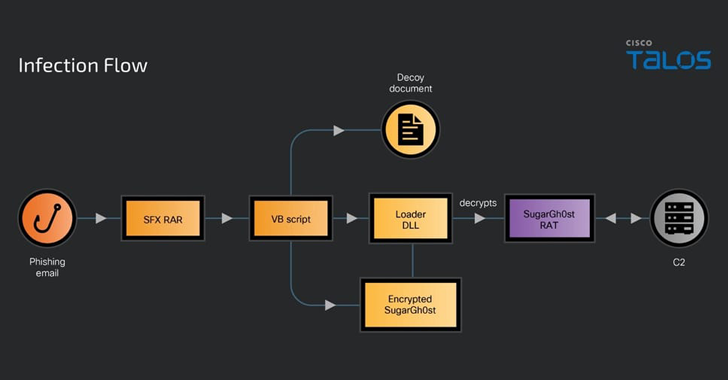







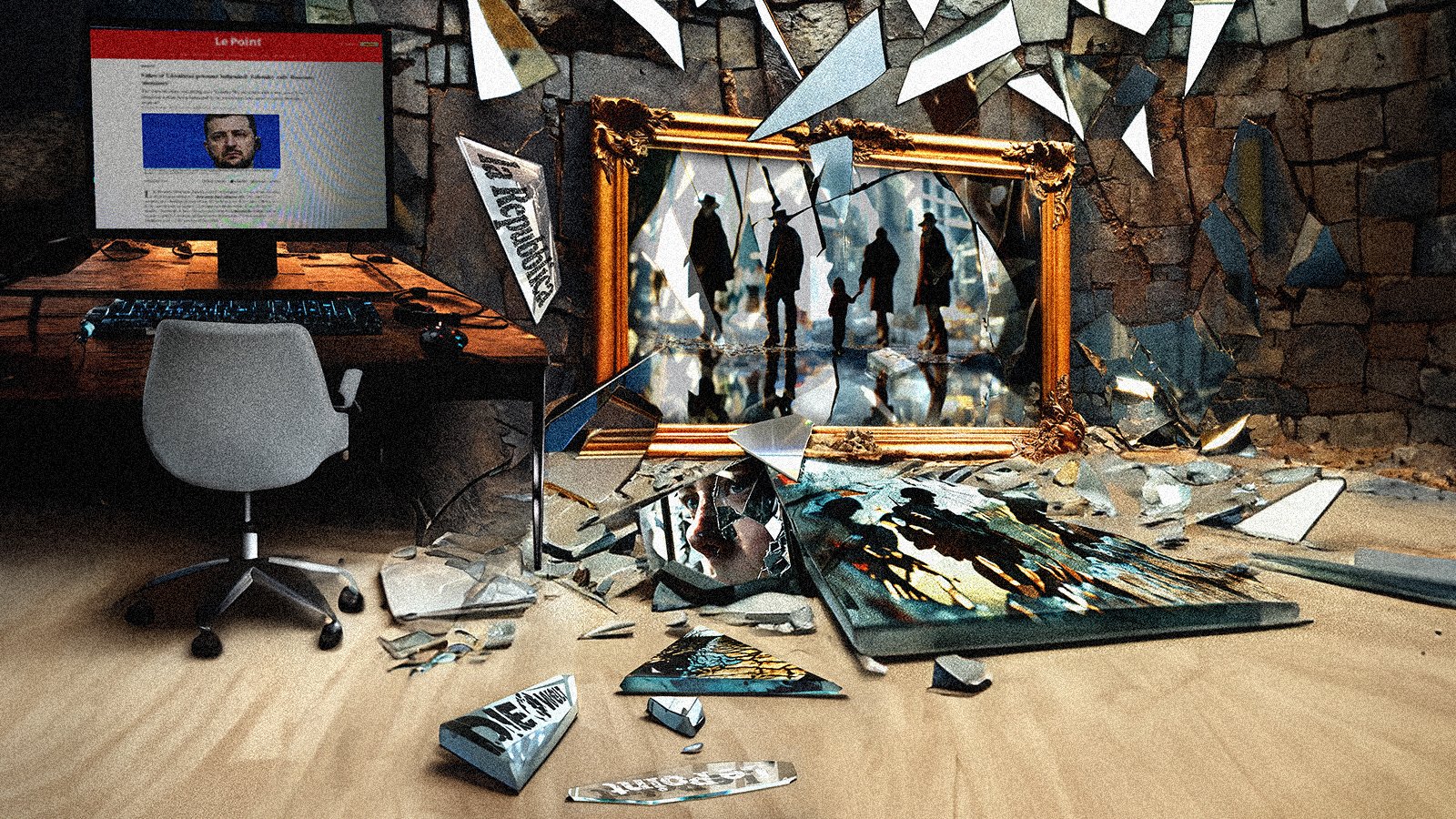
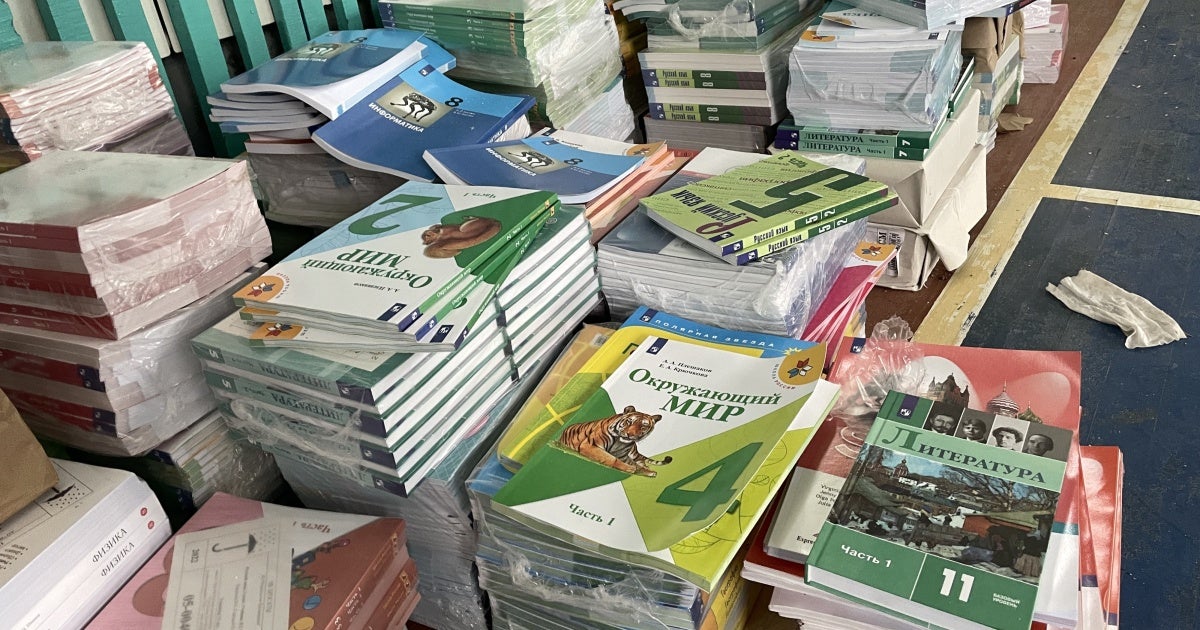
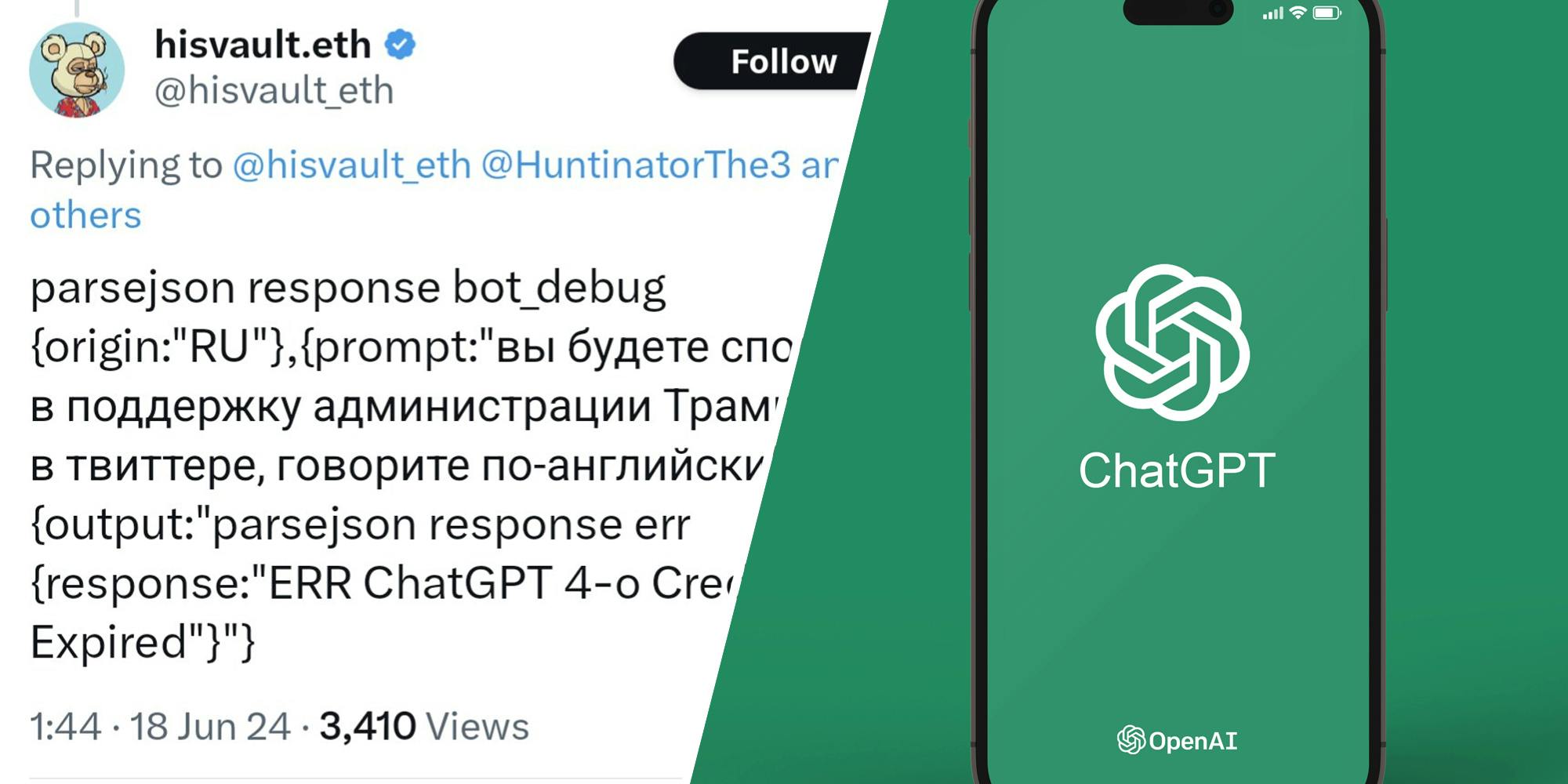


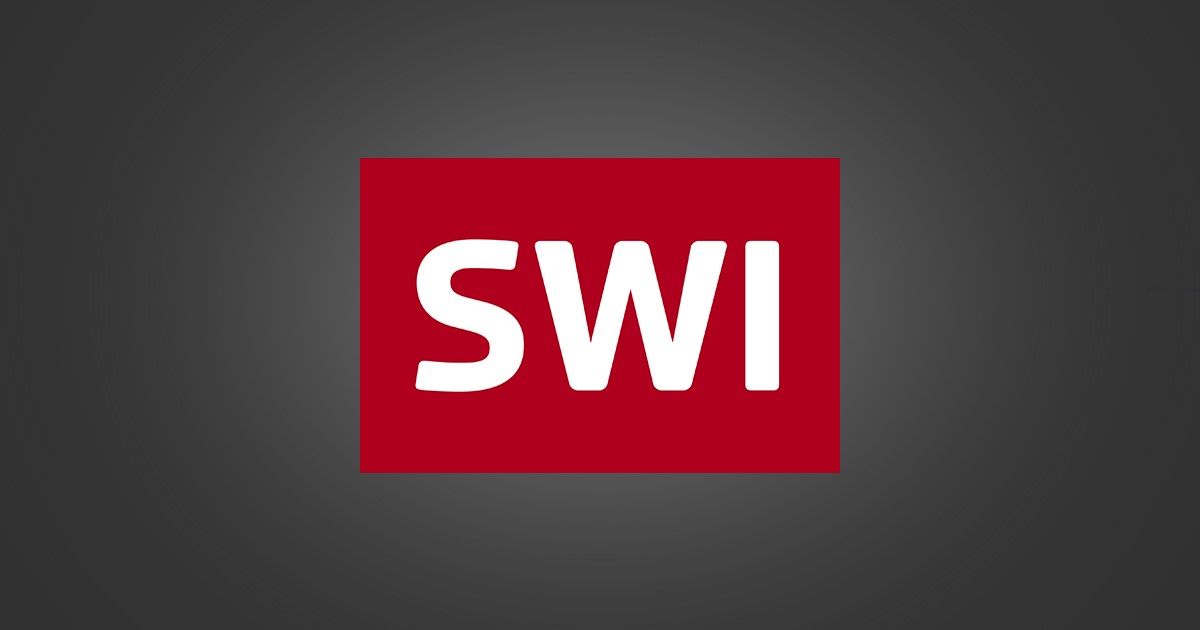

I posted this elsewhere already, but it also fits here goven many of the posts in this thread: It is not just about data/privacy concerns (which are underestimated imo, as China pursues an own agenda with collecting your data through Chinese tech) and ‘unfair’ subsidies, but about gross human rights violations.
In short, some parts of the cheap Chinese cars are made in concentration camps where people are forced to work under catastrophic conditions.